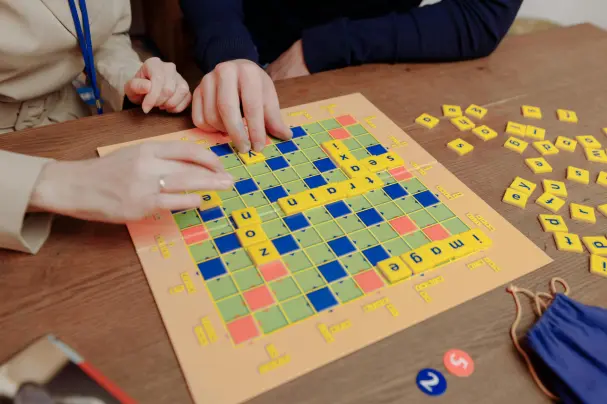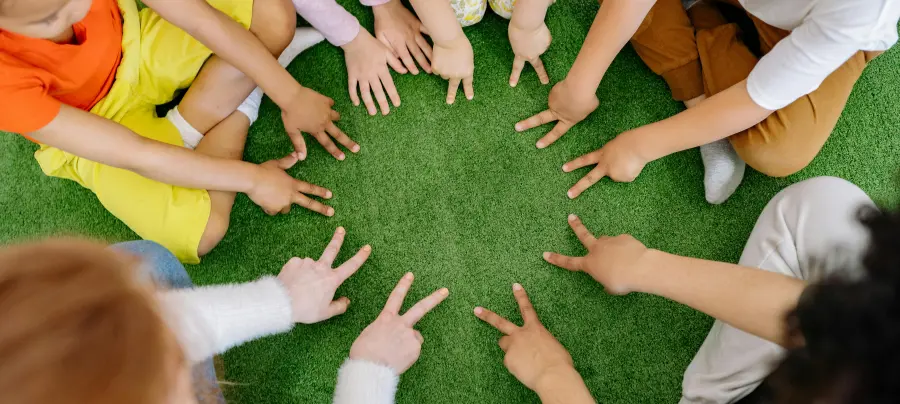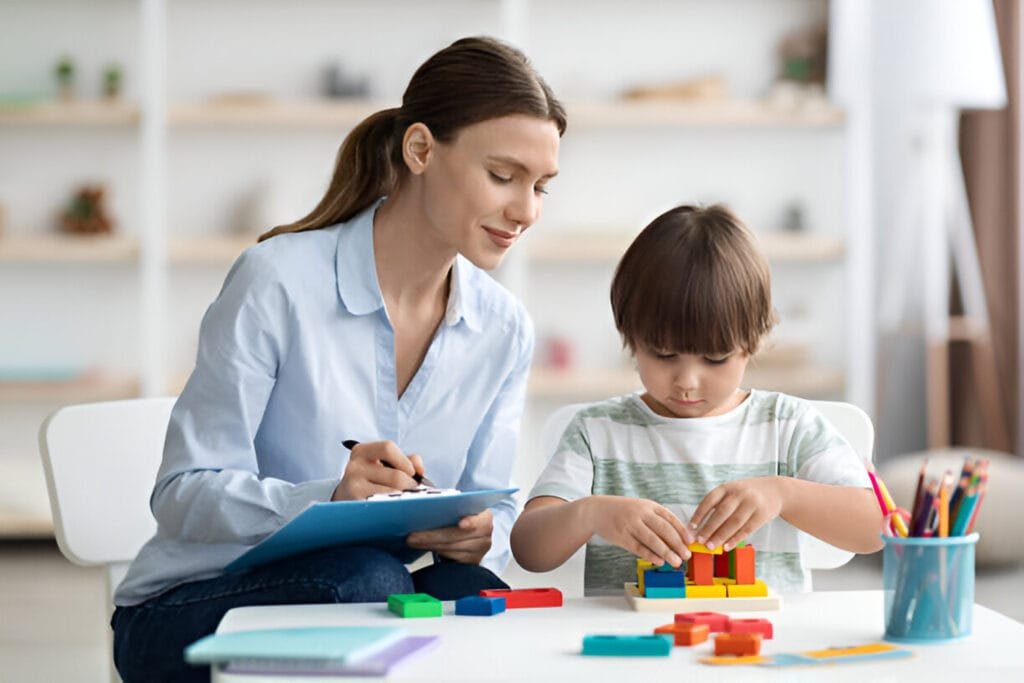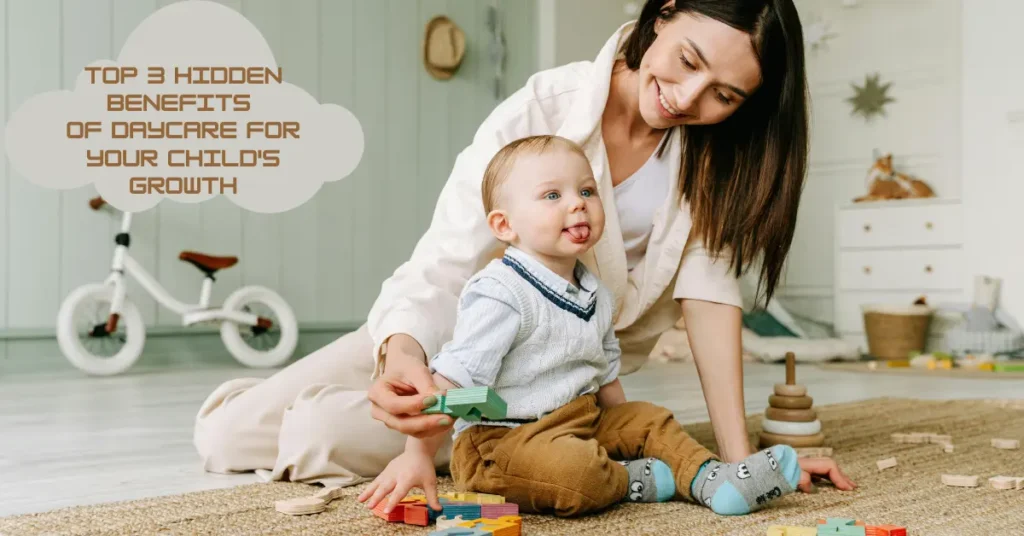When it comes to daycare, the first things that come to mind are convenience and ensuring your child’s well-being. However, daycare offers far more than just a safe space for your child. Attending daycare can provide incredible developmental benefits for both children and parents alike. From fostering social and emotional growth to offering a structured learning environment, daycare plays a vital role in shaping a child’s future.
Let’s dive into some of the hidden benefits that daycare provides for young children.
Benefit 1: Developing Social Skills
Having social skills are an essential part in life, and developing this skill in children in their early years is very important. Daycares offer a unique environment for children so they can learn how to communicate, and express their feelings outside of their own home. This will also build confidence in kids who struggle in expressing their emotions. Here are some deeper benefits of developing social skills from attending daycare:

Improvement in Communication:
Children love to talk, they will keep going on and on and tell so many different kinds of stories.. Improving communication will help children learn how to take turns when talking to their friends, family and even adults in public. When your child starts to attend the daycare, they will be interacting with peers and caregivers which will give them the opportunity to learn how to express their needs, thoughts, and feelings effectively. Children will learn how to communicate verbally and body language, as they are still developing their emotions.

Even though kids are learning to communicate, they are also trying to understand their emotions. Improving communication can also teach kids how to control, share and show how they are feeling. This will also give kids an opportunity to learn how to share their feelings such as sadness, anger and even empathy. These foundational communication skills are crucial for forming relationships and working well with others as they grow.
Cooperation and Teamwork:
Having your child understand that working with others is also very important and a skill that they need in life. Letting your children work in Group activities such as craft projects or playing a game are encouraged so that they can learn to cooperate with others to achieve shared goals. Having to work in a team is an experience that will help them understand the importance of working as a team and it will lay out a foundation for future academic and social success.

Self Confidence:
When developing social skills in daycare, children will be able to learn how to build confidence when interacting with others. This is a very important thing to have in a child when they are surrounded by positive social interactions and help them with their self- esteem. Building confidence in a child will also make the child feel more comfortable and safe in group settings so that way they are aware of their feelings and actions towards others and themselves.
Benefit 2: Emotional growth / fostering independent children

Another hidden benefit of letting your kids attend daycare is that they will be able to grow emotionally and be able to learn how to be independent. Even though children learn to interact socially, it will also help children become more independent.Children who grow up to be independent also means that they will be able to learn how to solve their own conflict and communicate their own needs. This will also teach children how to control their emotions in any kind of conflict that they are in.
Benefit 3: Recognizing Good and Bad Behaviors
As there are few fundamental roles of daycare helping children develop emotionally, socially and cognitively so recognizing good and bad behavior can be a crucial role in shaping a child’s understanding on how to accept actions and developing their overall growth. Here are some key benefits of recognizing and addressing these behaviors:

Clear boundaries:
When both the child and the caregiver are comfortable around each other, the child will start to behave in good manners and bad manners. The caregiver will start to have a better view on what is the child’s positive and negative behaviors. When a child starts to misbehave the caregiver won’t praise the child. This will teach the child what behaviors are praised and which are discouraged, and learn the difference between right and wrong. This is a way of teaching children what kind of behaviors to accept in their life.
Positive reinforcement:
Having a positive environment helps kids have a better view on behaving well with others. Teaching kids how to share, helping others, or even following simple instructions will encourage children to continue acting in a desirable manner. Having positive reinforcement such as through verbal praise or rewarding them with their favorite candy will encourage children to repeat good manners/ behaviors. This will also benefit them in school and later in life.
Accountability:
Pointing out bad behaviors helps children learn how to take accountability for their own actions. Caregivers will address negative behaviors like hitting or shouting, it will create a learning moment, this will also make children understand the consequences of their actions. This awareness fosters personal responsibility and encourages kids to make more thoughtful choices in the future.

